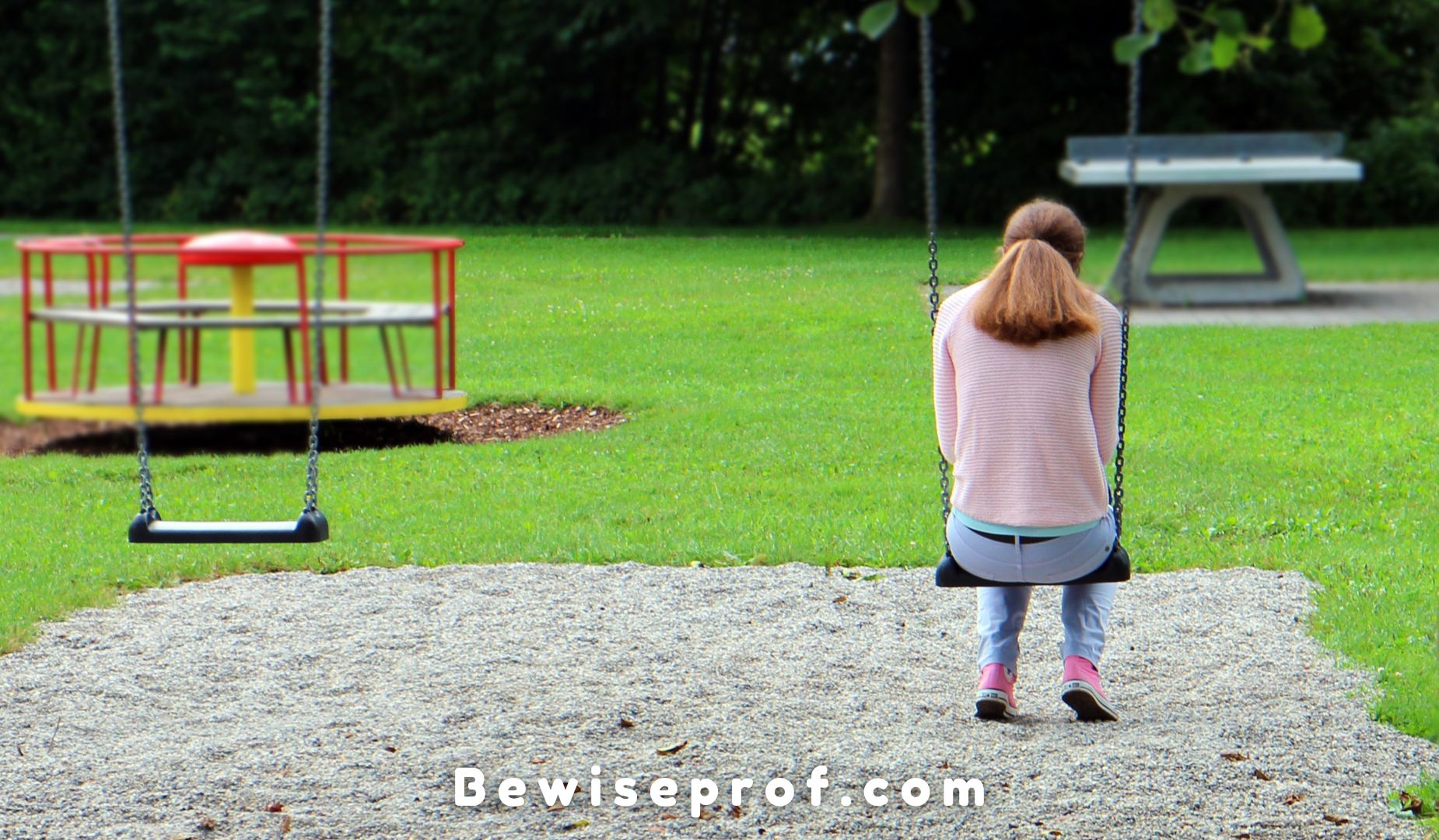There are a many, many reasons why an individual who used to be the veritable life and soul of the party begins to withdraw and generally shy away from their loved ones, their colleagues and even start to avoid shopkeepers and strangers.
So, whether you have only recently begun to experience signs and symptoms of social withdrawal and are looking for more information as to the possible root causes, or else have come to accept that this may well be an instinctual reaction which you need to learn how to live – read on!
How to Define Social Withdrawal
Social withdrawal, as you might expect, generally means different things to different people, but when approaching it from a medical point of view, the condition is often associated with mental health issues, such as depression and other mood-affecting disorders.
However, this is not to say that everyone who is experiencing a period of either actively or sub-consciously self-enforced social isolation has depression, but there is certainly a strong link between the two.
Core Signs & Symptoms of Social Withdrawal
Perhaps you are currently in a position where you are unsure as to whether you have simply changed into someone who prefers their own time and enjoying solo pursuits and activities over large social gatherings.
If so, the following core signs and symptoms of social withdrawal should help you decide whether your personality has changed or whether you are experiencing medical social withdrawal:
- Declining social activities you once loved to participate in
- Becoming much less talkative in group situations
- No interest in trying new things
- Finding yourself making excuses for wanting to be alone
- Getting excited at the prospect of being able to stay home alone for a day or more
Speak to Your GP
Medication is an option for those who are suffering with social withdrawal to the point where they are finding it difficult to maintain relationships, even with the people closest to them.
Speaking to your GP is most definitely the best course of action, as they will be aware of your medical history and be able to prescribe accordingly. While you are there, you could also enquire as to whether there would be a possibility of being prescribed medical cannabis if you think it might be beneficial to you. Some patients who have been prescribed it report a reduction of their feelings of anxiety and tension associated with social withdrawal and make them once again feel relaxed in group settings.
Medical cannabis is only ever prescribed and there is absolutely no way you could possibly get a hold of it any other way. You need to be judged eligible and have your past and present medical history deem a prescription of medical cannabis viable.
Get Out of the House
If you are regularly spending the entire day at home, on your own and not only enjoy the time, but actively look forward to it, then it is time to begin to make little changes.
It is obviously unrealistic to expect you go from your sofa to a nightclub within a week, but even beginning to take a twenty-minute walk around your local area every day will do wonders for your sense of self-worth, not to mention benefit your physical health.
Being outdoors and immersed in nature and fresh air will also:
- Naturally boost your mood
- Reduce your levels of anxiety and stress
- Help you to relax (both mentally and physically)
- Mean you are engaging in necessary physical exercise
- Connect you to the community (even by just saying ‘morning’ to a passer-by)
Get Seek People Out with Similar Hobbies & Interests
Often, friends you have had since school and who will always be a part of your life do not share the same core interests as yourself as you have known them for so long and have moved intellectually apart from them.
This is why using a combination of social media groups, the internet in general and evening and weekend classes to reignite your interest in hobbies you once enjoyed will connect you with new people like you who could develop into new friends over time.
Potential Effects of Long-Term Social Withdrawal
Finally, as a way to maybe encourage you to speak to a professional regarding your preference to be alone over socialising with your family and friends, it may help you to become aware of the potential serious effects of long-term social withdrawal.
Isolation and withdrawal socially can greatly increase your chances of MDD (Major Depressive Disorder), as well as potentially heighten the possibility of heart disease, hypertension, stroke and even memory-based disorders such as dementia.
